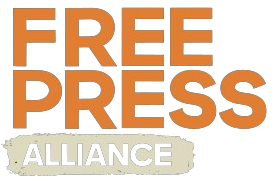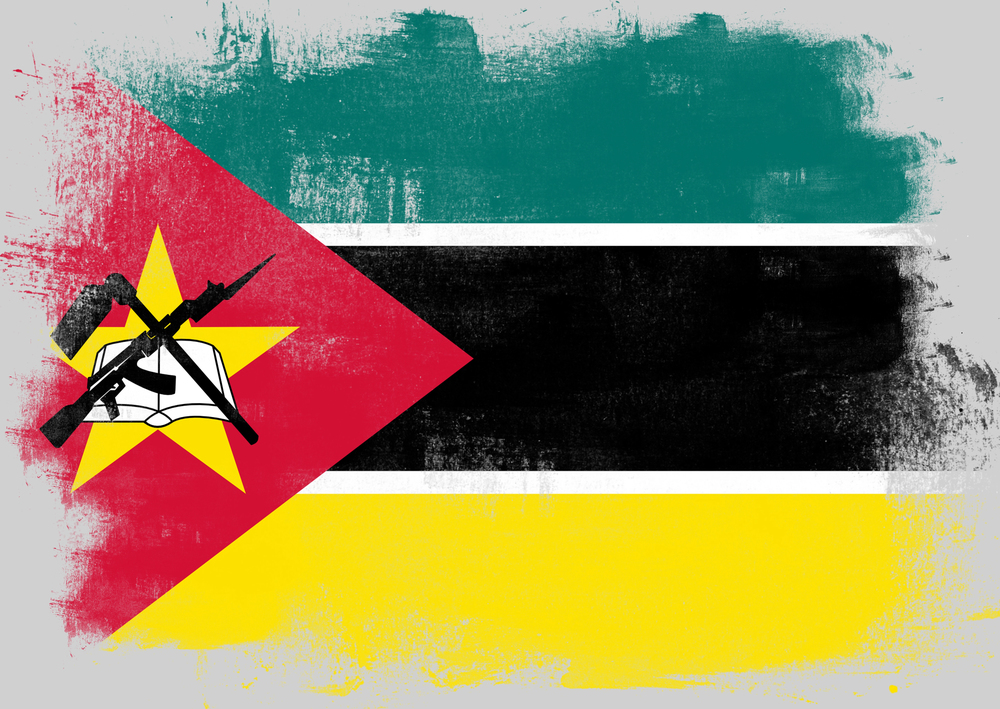Mozambique, an African country on the shores of the Indian Ocean and one of the poorest nations in the world, is facing a worrying surge of censorship, repression, and threats against journalists. The situation has drastically worsened in recent months, particularly after the October 2024 elections.
Journalists Targeted: Murders, Disappearances, and Repression
Between December 2024 and January 2025, severe violations of press freedom have been recorded in Mozambique. The persecution of journalists has reached alarming levels, with murders, attacks, and enforced disappearances.
The Murder of Albino Sibia
On December 12, 2024, blogger and journalist Albino Sibia was broadcasting the post-election protests live on Facebook when he was shot by police officers. Sibia was hit twice in the back while documenting the unrest. His last words were:
“Help. I got shot and they keep shooting… I am dying.”
He died four hours later while being transported to a local hospital. His murder sparked outrage among the journalistic community and human rights defenders.
Attack at Sibia’s Funeral
During Sibia’s funeral, police stormed the ceremony and opened fire on attendees, killing two people and injuring several others, including journalist Pedro Júnior. Júnior and three colleagues were covering the event when they were attacked. Despite wearing press-identifying vests, they were chased and shot at. One of Júnior’s companions was killed while seeking medical assistance.
The Disappearance of Arlindo Chissale
In January 2025, journalist Arlindo Chissale, editor of Pinnacle News and a government critic, disappeared under suspicious circumstances. Witnesses reported that he was abducted by a group of men in military uniforms in Cabo Delgado province while traveling to Nacala. Unconfirmed reports suggest he may be dead. His brother, Macário Chissale, witnessed the abduction and has demanded an immediate investigation.
Post-Election Repression and the Impact on Press Freedom
These cases are just a glimpse of the deteriorating media landscape in Mozambique. The protests following the October elections have resulted in over 300 deaths, and the government has intensified efforts to silence independent journalism.
The opposition party Podemos has denounced a growing wave of attacks against its supporters and affiliated journalists. International organizations such as Reporters Without Borders (RSF), and the Committee to Protect Journalists (CPJ) have voiced their concerns over increasing censorship and violence against the press. For example, RSF has issued a statement condemning the lack of protection for journalists and urging Mozambican authorities to ensure the free exercise of journalism without fear of retaliation.
Calls for Action and International Condemnation
The Media Institute of Southern Africa (MISA Mozambique) has warned of the
“growing violations of the rights to information and freedom of expression” in the country. It has also called for an “independent investigation into the abuses committed during the post-election period.”
Journalism in Mozambique is facing an unprecedented crisis. The international community must take urgent action to ensure the safety of journalists and the Mozambican people’s right to be informed. Press freedom is at stake.

